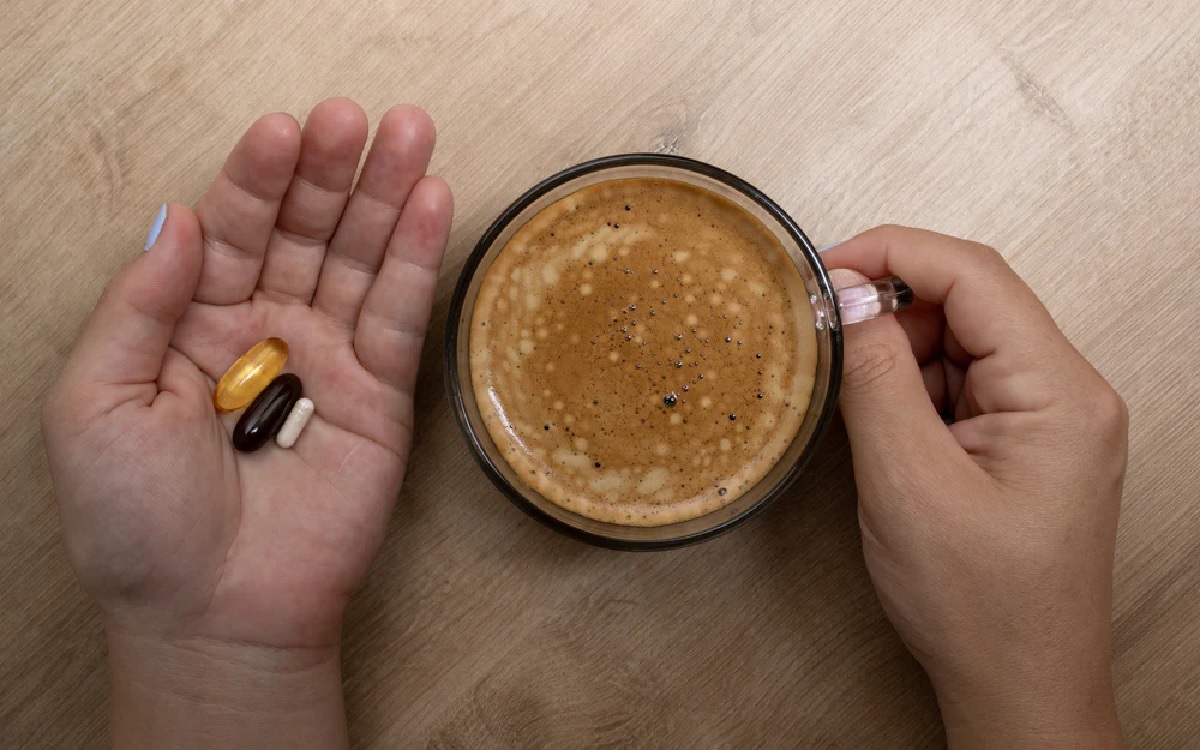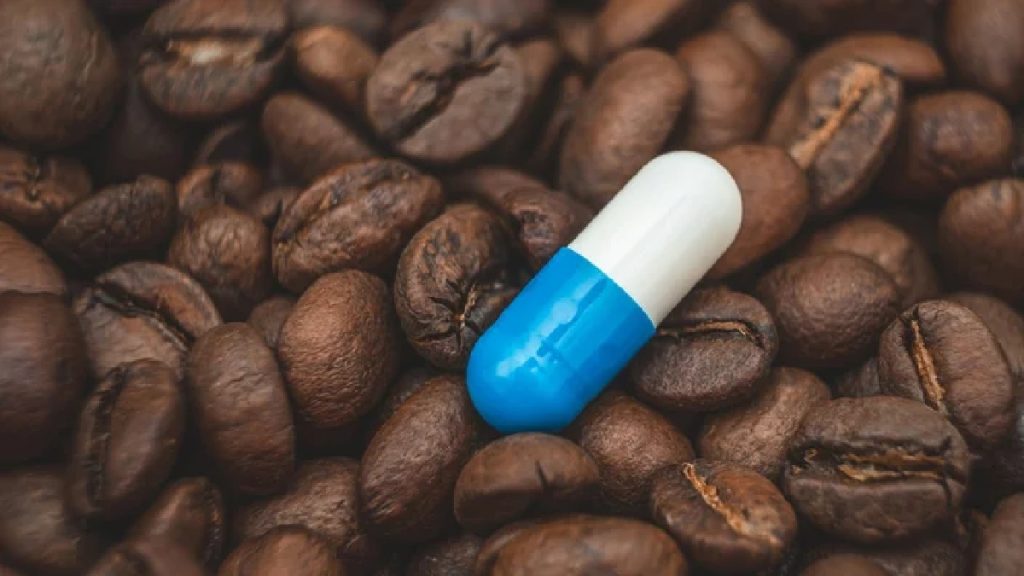How Coffee and Tea Affect Medication: Key Interactions and Best Practices
Learn how caffeine in coffee and tea can interfere with common medications, reducing their effectiveness and causing unwanted side effects, along with tips for proper medication intake.

Watan–Millions of people start their day with a cup of coffee or tea as part of their morning routine, which helps boost energy due to its caffeine content. However, caution should be taken when consuming certain medications.
From antibiotics to thyroid medications, asthma drugs, diabetes medications, and Alzheimer’s treatments, caffeine can impact the way these medications work, making it essential to consider the timing and combination of coffee consumption and medication intake.
-
Tea and Coffee Reheating: 5 Risks You Might Be IgnoringFebruary 5, 2025
Drinking coffee while taking medications may reduce their effectiveness, as caffeine can significantly impact the absorption, distribution, metabolism, and excretion of drugs
Studies show that coffee stimulates the stomach, altering the time it takes for food to pass through the digestive system. Nevertheless, coffee can interact with some medications, affecting their absorption into the bloodstream.
Similarly, tea typically contains five alkaloids, including caffeine, nicotine, and theobromine, which may interfere with medications, reducing their effectiveness or even preventing their absorption into the bloodstream. Therefore, certain medications should not be taken with coffee due to these interactions.

Medications Most Affected by Coffee and Tea Consumption
1. Antibiotics
Antibiotics are used to treat and prevent bacterial infections by stimulating the central nervous system. Since coffee and tea are also stimulants, consuming them together may cause insomnia and anxiety, potentially leading to long-term sleep issues.
2. Allergy Medications
Allergy medications should also be avoided with coffee, as the combination can excessively stimulate the central nervous system and exacerbate anxiety symptoms.
3. Thyroid Medications
Thyroid medications, used to treat conditions where the thyroid gland does not produce enough hormones, can become significantly less effective when taken with coffee. According to doctors, coffee reduces the absorption of thyroid medications by more than half.
4. Asthma Medications
Asthma medications help relax lung muscles and open airways. Since caffeine is a mild bronchodilator, it can reduce the effectiveness of these drugs, which are often used to treat conditions like chronic obstructive pulmonary disease (COPD).
Doctors note that when bronchodilators interact with coffee, they may cause headaches, insomnia, stomach pain, and irritability, especially in children.

5. Diabetes Medications
Diabetes medications are also affected by coffee. When coffee is mixed with sugar or milk, it can cause an immediate spike in blood sugar levels and reduce the effectiveness of diabetes drugs. Additionally, caffeine itself may worsen symptoms in diabetic patients.
6. Alzheimer’s Medications
Alzheimer’s disease, which mainly affects people over the age of 65, is a brain disorder that leads to cognitive decline. Coffee consumption can significantly affect Alzheimer’s medications, making them less effective.
How to Take Medications Correctly
1-Oral Medications
Unless otherwise advised, swallow pills and capsules with a full glass of water. Avoid crushing or chewing them unless instructed to do so.
2-Liquid Medications
To ensure accurate dosing, use a measuring spoon or syringe designed for medication measurement, rather than a regular household spoon.





